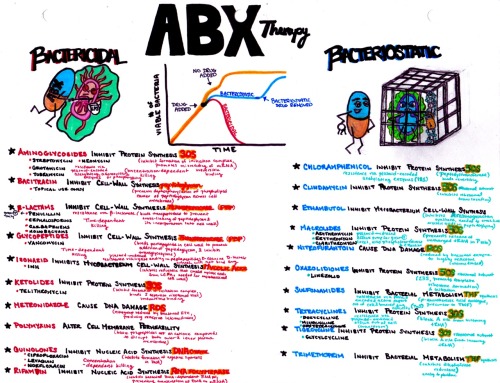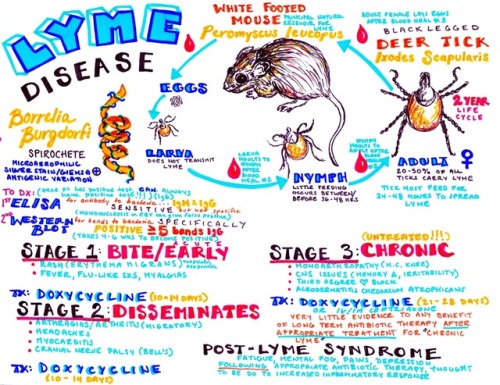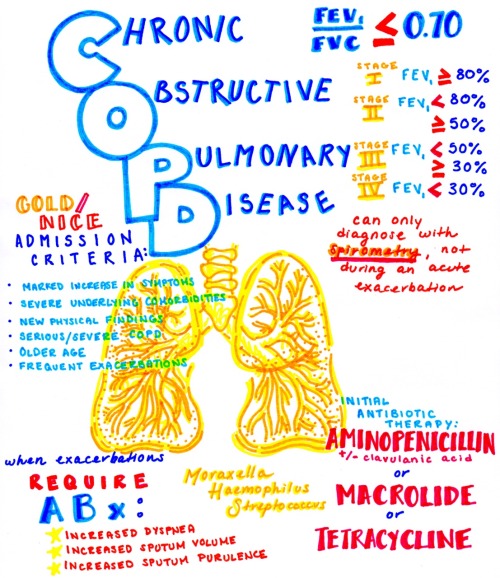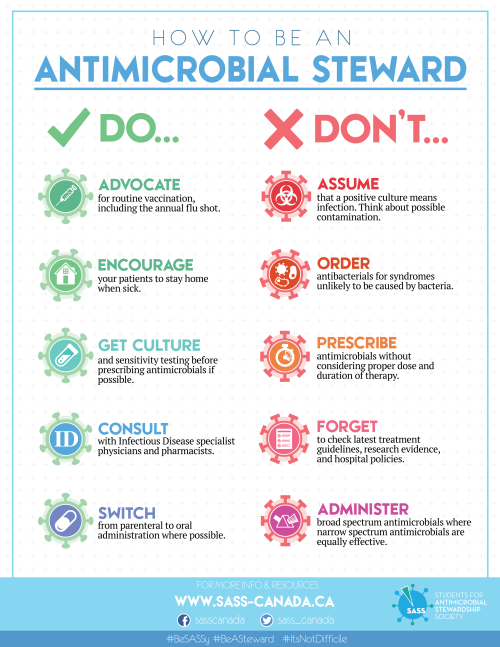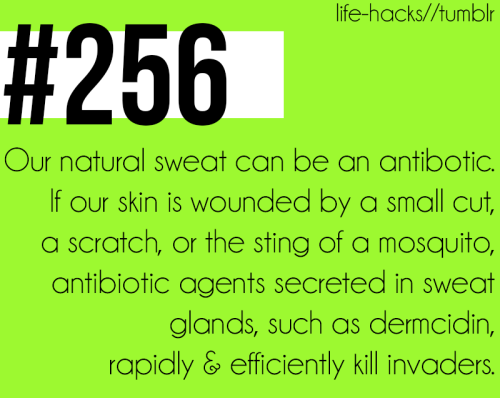#antibiotic
Too many antibiotics can give preemies a lifetime of ill health
Today, babies born as early as 28 weeks routinely survive, as do more than half of those born at 24 weeks (although often with significant disabilities). Much of the credit goes to antibiotics, which have thwarted infections such as sepsis and group B strep that a preemie’s immature immune system could not have fought on its own. Those successes spurred a steady increase in routine antibiotic use in the NICU. At last count, three of the top four drugs prescribed in the NICU were antibiotics.
Over time, however, scientists began noticing that antibiotics can increase babies’ risk of the very afflictions the drugs aim to protect against—such as fungal infections, late-onset sepsis, and a deadly intestinal disorder called necrotizing enterocolitis. In a seminal 2009 study in Pediatrics, for example, Greenberg’s colleague Michael Cotten showed that each additional day of antibiotics significantly increased the odds that a preemie would develop necrotizing enterocolitis or die.
Researchers are still debating when the first microbes colonize us—in utero or during birth—but Greenberg and many others worry that early use of antibiotics in infants disrupts the establishment of those indispensable residents. The gut microbiome is practically an organ unto itself, weighing about as much as the liver. It is thought to play a critical role in priming the immune system, and it produces just as many neurotransmitters as the human brain. Genetic and environmental factors, including antibiotics, shape its makeup early in life. Then, around age 3, a quasi-stability sets in and we are “stuck with that architecture,” says Gautam Dantas, a microbiologist at Washington University in St. Louis, Missouri.
Post link
Hippos sweat an orange-red substance that was once thought to be blood. It turns out that the thick secretion is a pigmented skin protectant that acts as both a sunscreen and an antibiotic.
Image credit: Chris Baker
Post link
Antibiotic mechanisms and microbial resistance…examples of darwin’s evolution at its finest and most terrifying
download all of my medical school study guides here!
Post link
Tick season means it’s time to worry about Lyme disease!!! (especially if you’re in New England like me)
Post link
COPD exacerbations and when to give antibiotics
download my medical and anatomy study guides here!
Post link
How To Be An Antimicrobial Steward | January 2016
Infographic on antimirobial stewardship for Students for Antimicrobial Stewardship Society.
Post link
Check out this time-lapse video that shows a superbug, once thought of as static or non-motile, exhibiting signs of active motility.
Scientists can prove, for the first time, that S. aureus may be able to move independently, which could have major implications for treating future infections caused by the once difficult-to-treat, antibiotic-resistant MRSA.
1.Do not suggest acne products: it’s a kind gesture, but chances are we know. We’ve tried it. Our cabinets are overflowing with products that have failed us. My bathroom looks like a small chemistry lab.
2.Do not draw correlations between acne and our diet: I tried drinking 8 waterbottles a day, eating organic, cutting out sugar, filling up on a laundry list of fruits and vegetables. It’s not often the solution. A lot of us would have clear skin if it were that easy.
3.Do not talk about your so-called acne: As I’m sitting here drowning in my own face oil and covered in multiple pimples, I am incredibly envious of your one red dot that apparently, for you, constitutes ‘acne.’ Give me that acne plz.
4.Do not tell us “you can’t see our acne”: Yes you can. So can I. Your feigned blindness to it does more harm than it does good.
Please feel free to add to this…



